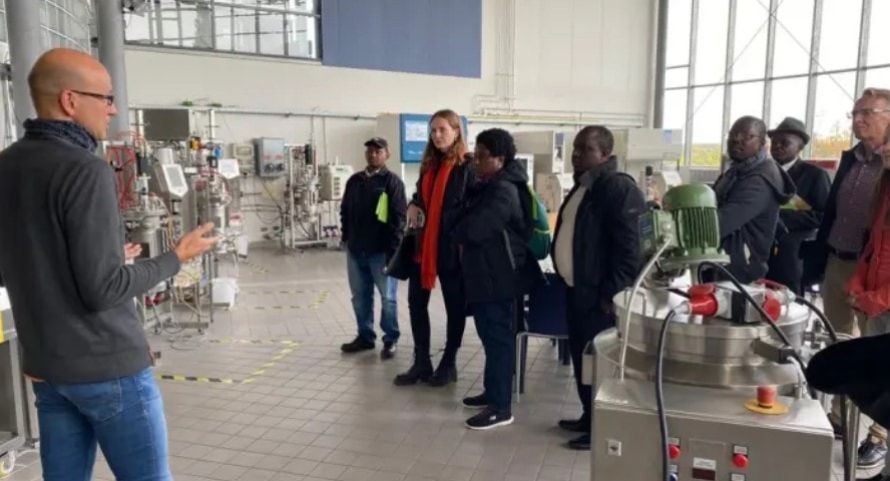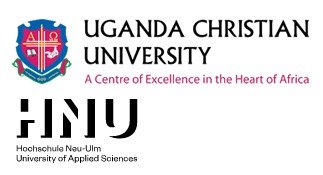Conducting fundamental research to pave the way for solar mini-grids

The challenge
The Nalubaale power plant uses water from Lake Victoria to produce electricity. The power plant has a capacity of 380 MW, but the drought that has been going on since 2003 means that the power plant’s output is currently only 140 MW due to the low water level. This is why the government approves of alternative approaches to power generation, especially those that offer off-grid solutions, for example with the help of mini-grids. These could be an opportunity for the inhabitants of the numerous islands on Lake Victoria to access energy. Most of the islands have no access to the Ugandan electricity grid.
The goal
With the project “Application of Off-Grid Solar Systems for Education and Training on an island in Lake Victoria”, Ugandan Christian University (UCU) and Neu-Ulm University of Applied Sciences (HNU) want to lay the foundations for off-grid solar power supply for islands and remote areas. Using an island as an example, the project partners want to assess the extent to which solar mini-grids for islands can be an alternative. For this purpose, they want to develop a concept that will also provide critical questions on ownership as well as tariff and financial models. They also want to create a digital educational programme for children and young adults.
The partners
UCU and HNU have already worked together successfully in a project supported by the German Research Foundation (DFG) in 2019. The two are continuing their collaboration on this basis.
UCU has extensive local knowledge in all subject areas relevant to the project. The Faculty of Agricultural Sciences in particular has supported numerous community programmes in remote areas, while the Faculty of Social Sciences is involved in the field of digital learning and teaching. The HNU, in turn, has implemented various renewable energy projects in rural Africa, for example in Namibia.
The approach
The project partners want to open up opportunities for the commercial application of renewable energies (measure 1) and elicit conditions for the application of renewable energies in education and training (measure 2). To this end, they will conduct a field evaluation on a selected island. In a second step, they want to determine the system size for a solar plant and create a concept for the installation of a mini-grid, which will also include proposals for commercial electricity use, various business models and an adapted teaching and learning offer.
A third measure is aimed at knowledge transfer and capacity building. To this end, the partners want to develop a practical educational offer that will serve to train young people and contribute to the commercial use of energy. The partners want to present this concept to the Ugandan Ministry of Energy. As a further milestone, the partners want to strengthen the German-Ugandan network by promoting the exchange of students and teachers.
Integration of decentralized photovoltaic systems for implementing digital learning models in rural areas of Uganda
Productive Use, Financing, Skill Development
Hochschule Neu-Ulm, Uganda Christian University
01/01/2022 – 30/09/2023



